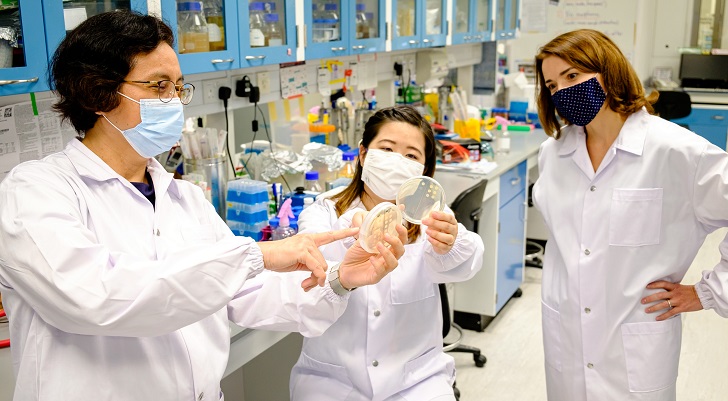Scientists at Nanyang Technological University (NTU) have developed a synthetic peptide that can make multidrug-resistant bacteria sensitive to antibiotics again when used together with traditional antibiotics.
On its own, the synthetic antimicrobial peptide can also kill bacteria that have grown resistant to antibiotics.
The breakthrough offers hope for the prospect of a combination treatment strategy to tackle certain antibiotic-tolerant infections, NTU said in a press release.
Every year, an estimated 700,000 people globally die of antibiotic-resistant diseases, according to the World Health Organisation (WHO).
In the absence of new therapeutics, infections caused by resistant superbugs could kill an additional 10 million people each year worldwide by 2050, surpassing cancer.
NTU said that antibiotic resistance arises in bacteria when they can recognise and prevent drugs that would otherwise kill them, from passing through their cell wall. This threat is accelerated by the developing COVID-19 pandemic, with patients admitted to hospitals often receiving antibiotics to keep secondary bacterial infections in check. This therefore amplifies the opportunity for resistant pathogens to emerge and spread
“While efforts are focussed on dealing with the COVID-19 pandemic, we should also remember that antibiotic resistance continues to be a growing problem, where secondary bacterial infections that develop in patients could complicate matters, posing a threat in the healthcare settings," said Professor Mary Chan, director of NTU’s Centre of Antimicrobial Bioengineering, who led the research team at NTU.
"For instance, viral respiratory infections could allow bacteria to enter the lungs more easily, leading to bacterial pneumonia, which is commonly associated with COVID-19.”



